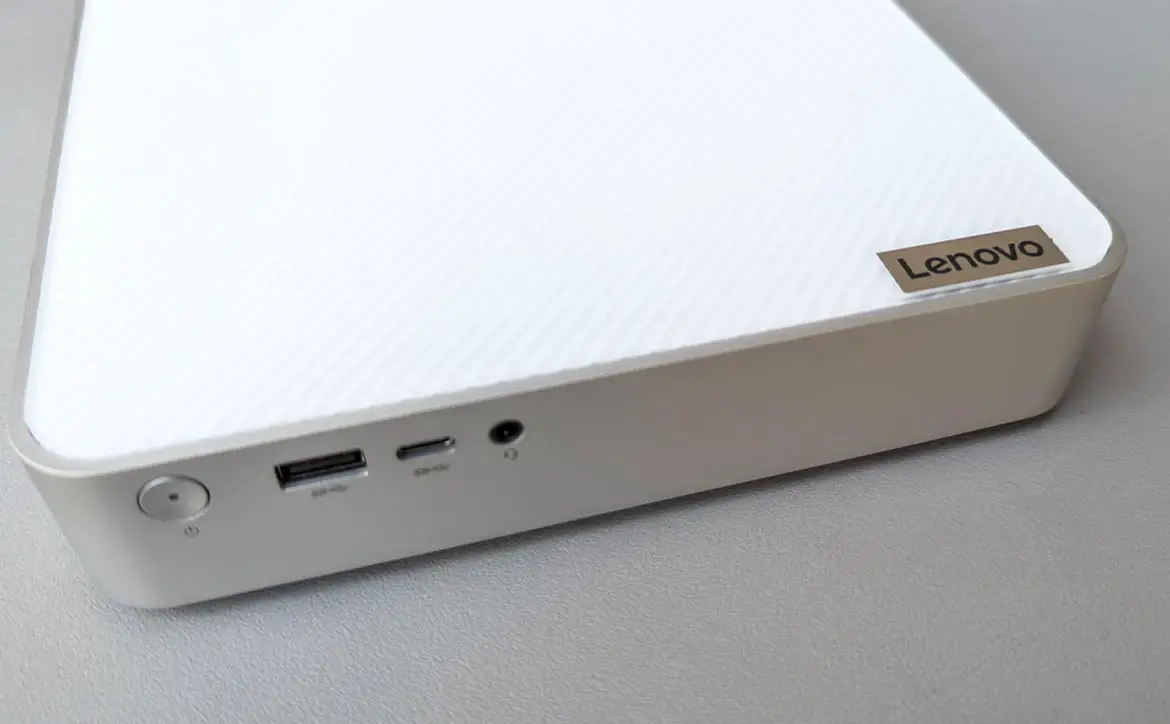Online gaming is the most popular new hobby that pits gamers versus gamers in action-packed battles! Every day, there are millions of gaming sessions happening in the world, with plenty of them staged live over the internet. New internet technologies have allowed gamers to branch out from their corner of the Earth to find worthy opponents who may not even speak the same language!
With so much activity happening over the internet, there is bound to be some trouble. Surely enough, many unruly characters are lurking in the dark web, ready to take what’s yours. Is there a way to combat this hideous foe? Yes, and you may find the answers to your burning questions here.
Create strong, unique passwords
The most important piece of advice anyone can give you about maintaining your safety online is to strengthen your passwords. Passwords are the key to your accounts, so keeping them safe is your top priority. Any unruly character can take your password and gain access to your accounts to do all sorts of nasty activities, including deleting the account itself! Passwords are the front line of defense in your networking security measures, so you should not take them lightly.
What is considered a strong password? Good question! Here is what you should consider when creating a new password:
- It should be about 8-12 characters (the longer, the better)
- It needs at least one lowercase letter
- It needs at least one uppercase letter
- It needs at least one number
- It needs at least one symbol
- It should not include your name
- It should not include your email
As a rule of thumb, you should always make your password as difficult to guess as possible.
Activate a firewall
As soon as your PC connects to the internet, expect to be on the receiving end of countless attacks. As minuscule as they may seem, each attack can potentially destroy your machine, or worse, steal your identity. Like the doors of your house, your machine has ports that act as doors to your computer’s core. A firewall blocks those ports and any attacks that may try to get through them. Additionally, it allows only safe programs to get through, which lets you continue gaming without interruption.
Use a VPN
A virtual private network (VPN) is a vital component of your cyber defense campaign in keeping your network secure while gaming. This handy program stops intrusive eyes from prying into your data altogether! Think of it this way: anything you do online requires an initiating party (you) and a receiving party (your game), but you’re shouting to each other from your rooftops, so anyone can listen in on your conversation! A VPN acts as a pipe that bridges your bedroom windows together, concealing all communication made through it. In this way, only you and the intended recipient will ever know what was said.

Keep an antivirus running
There are as many viruses in the online world as there are fish in the sea. Unfortunately, this means they can infect your machine at any moment and from any direction! Even if you do everything in your power to protect your PC from harm, it may still become compromised, so you’ll need a way to fix it. An antivirus scans your computer and destroys any threats it finds. You can leave it running while you use your computer, too, to intercept any suspicious files or invaders.
Scan with anti-malware
Malware is any malicious software that enters your computer intending to harm it or its users. Common types of malware include viruses, spyware, worms, ransomware, and trojans. Once inside your machine, the software can collect your data, delete files, or even lock you out, preventing you from playing your favorite games! A malware scanner will go through every file on your system to find unwanted intruders and vaporize them where they stand.
Don’t reveal your identity
Yes, people can impersonate you, and not for your best interests. Cybercriminals typically find the opportunity to steal your identity to do nefarious deeds such as opening a bank account, creating a credit card, or hacking into your social media account. These bad actors aim to siphon as much money and resources from you as possible before disappearing into the dark web. While playing your video games, refrain from mentioning anything that may help them find you on social media or, worse, your home!
Install secure browsers
Browsers are your gateway to the internet and are what you must use to interact online. Most browsers are not geared to protect you as you surf the internet, which makes you an easy target for cyber crooks. You can increase your level of safety by choosing a browser that comes pre-installed with security features such as HTTPS browsing, incognito mode, and cache erasure. Many are free, but a few of them require an active subscription.
Use HTTPS while surfing
You will notice that the URL of every website you visit will have the prefix:
HTTP://
This acronym stands for Hyper Text Transfer Protocol (HTTP), and is the language that computers use to take you from one web page to another. Sadly, this form of communication broadcasts your information over the internet like someone shouting your name into a megaphone. This means that anyone can tap into your communications, even cyber hackers. Whenever possible use the prefix:
HTTPS://
The extra ‘s’ stands for secure, meaning it encrypts itself so that only the two communicating parties will be able to easily understand the message. This prevents the majority of data theft from happening, but you’ll need to combine it with the other steps mentioned in this article to create an adequate layer of protection for your machine and keep your network secure while gaming.
Activate do not track
In most browsers, there is an option to activate the Do Not Track feature, which stops most websites and tracking services from following you around on the web. You can find this in the security section of your browser settings, which can be toggled on with a simple click of the mouse button. Although most legitimate websites and services will honor the request to opt-out from their trackers, the more nefarious entities out there may disregard your wishes and track you anyway!
Use anti-tracking extensions
Every web page you visit online has some sort of tracker that follows you around while you visit their site. Any action you do, from clicking on a link to downloading a picture, is recorded and sent to their analysts. Major corporations are known for watching your every move and using the information to target you with creepy advertisements or selling it to hungry advertisers. You can stop a lot of these intrusive activities in their tracks by installing anti-tracking extensions in your browser.
Kill strange processes
This method requires a bit of legwork but is worth the time it takes. Your machine allows programs to run processes in order to make their software work. Similarly, intruders must also run processes on your system to get their malware to operate. As a computer administrator, you can easily find those processes and stop them altogether. This handy app is called Task Manager on Windows machines, and Activity Monitor on Macs.
Gaming online is a double-edged sword: you get to compete online against opponents from all around the world, but it also leaves you vulnerable to unwanted hacking activities. It’s up to you to create a level of defense that can protect your gaming PC from harm and keep your identity safe. Use any of the above tips to make your gaming sessions that much safer.
What do you think about these tips for keeping your network secure while gaming? Do you have any to add? Let us know on social media by using the buttons below.










